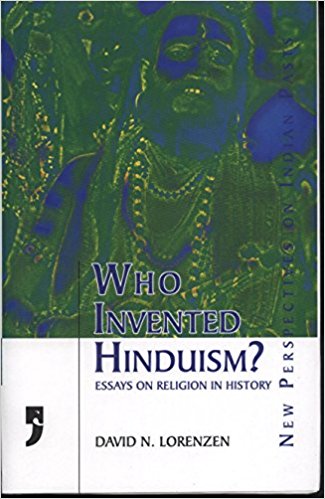Carlo Ginzburg, the Italian historian, notes sarcastically in his fasci nating book The Judge and the Historian: ‘For many historians, the notion of proof is out of fashion: like that of truth, to which it is bound with a very solid historical (and therefore unnecessary) link. There are many reasons for this devaluation, and not all of them are intellectual in nature. One reason certainly has to do with the overblown importance acquired—on both shores of the Atlantic, in France and in the United States—by the term “representation”. It is refreshing and reassuring to read David Lorenzen, as he is certainly one of those historians who take the notions of proof and truth as an integral part of the historian’s profession, and are not awed by the overblown importance of the term representation. He does not enter into any explicit theoretical polemics; the notions of proof and truth and the concerns of responsible history writing are best felt implicitly directing his work.
Lorenzen has been engaging with various themes of Indian history for almost four decades now, and the volume under review puts together some of his best and most though-provoking work. Underlying all these essays, written over the last thirty years, is his rigorous regard for the proof and also his basic approach—it is the task of a historian to show the limits and problems of a given ‘Episteme’, but s/he cannot ignore the facts of history,

